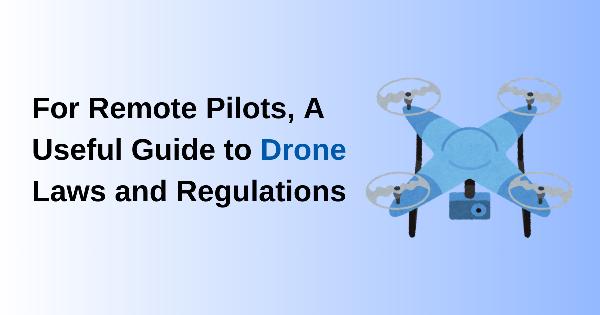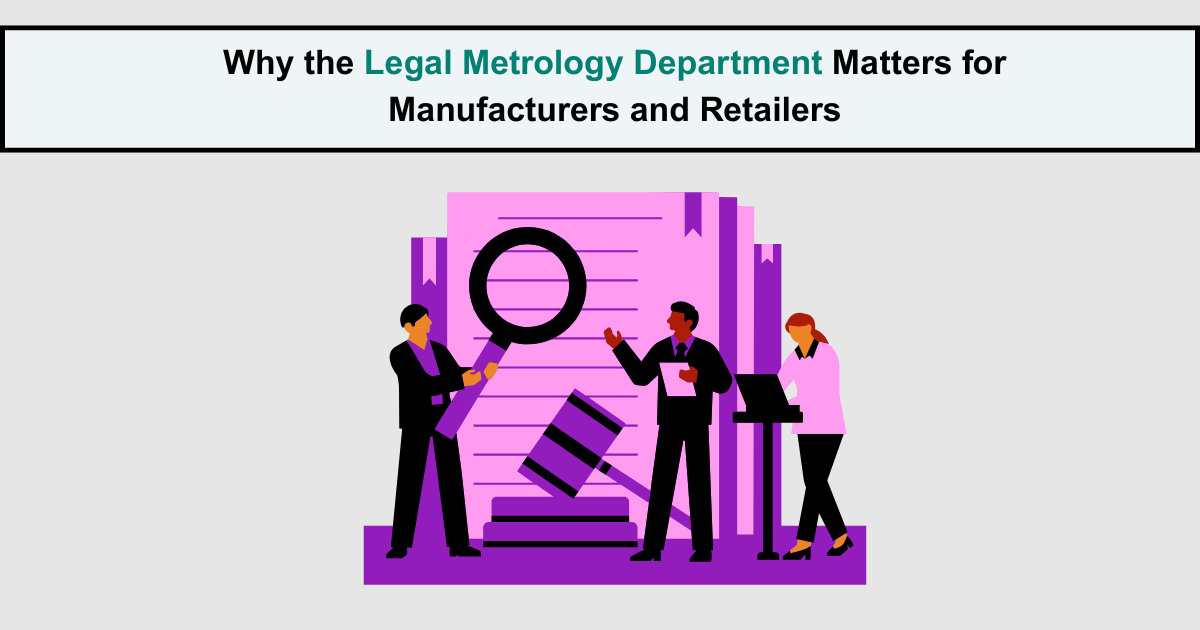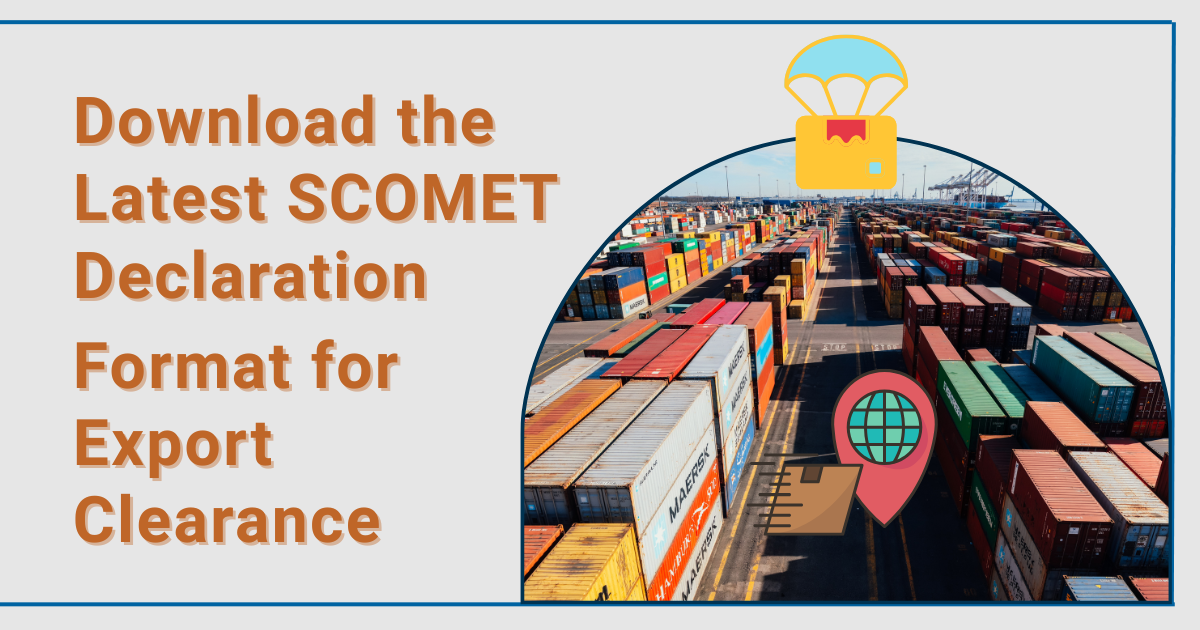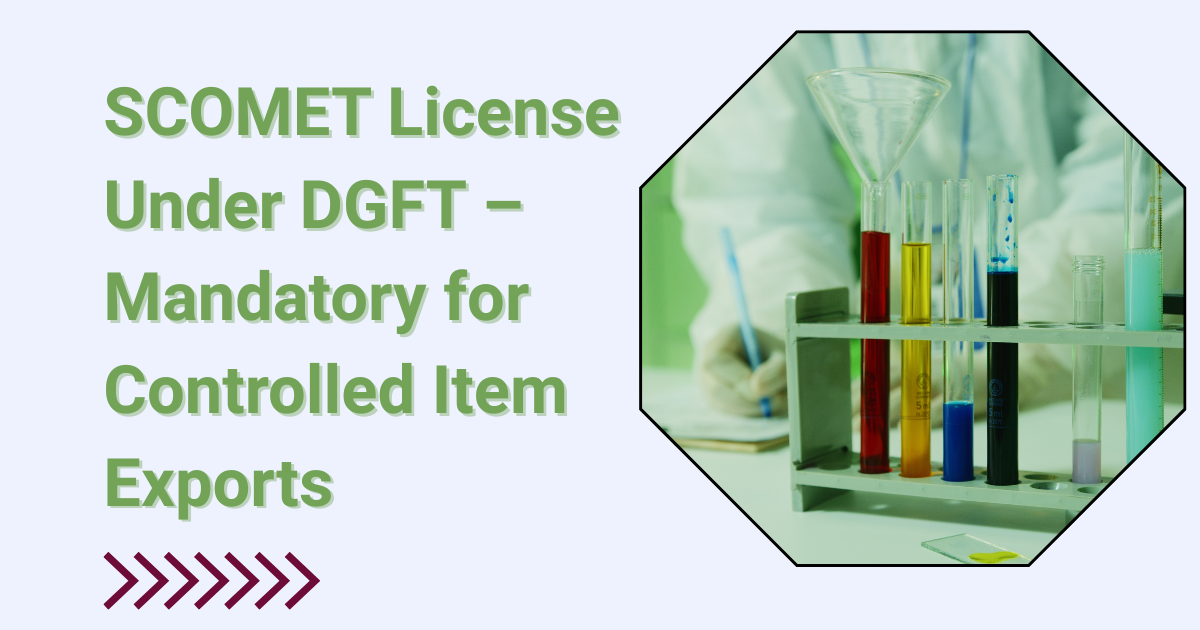For remote pilots, a useful guide to drone laws and regulations

Strong 8k brings an ultra-HD IPTV experience to your living room and your pocket.
The use of drones has increased dramatically in India, from recreational to industrial users. But this expansion also means that there is a need to maintain a strong regulatory framework. For drone pilots using Indian airspace, this guide offers vital information.
Understanding Drone Regulations in India
The regulatory body in charge of overseeing drone registration operations in India is the Directorate General of Civil Aviation (DGCA). Technology and security are to be balanced in the Drone Regulations of 2021.
Key Drone Categories and Regulations
Drones are categorized based on their weight:
Nano drones: Weighing up to 250 grams
Microdrones: Weighing between 250 grams and 2 kilograms
Small drones: Weighing between 2 kilograms and 25 kilograms
Medium drones: Weighing between 25 kilograms and 150 kilograms
Specific operational limitations, such as flight height, airspace restrictions, and pilot certification requirements, apply to each category.
Important Federal Rules for Pilots Operating Remotely.
The Federal Aviation Administration (FAA) regulates the operation of unmanned aircraft systems (UAS), commonly known as drones, within the United States.
Adherence to these rules is crucial for safe and legal drone operations.
Key Federal Regulations for Remote Pilots
Drone Registration:
Most drones weighing over 0.55 pounds (250 grams) must be registered with the FAA.
Registration is a simple online process and provides a unique identification number for your drone.
Remote Pilot Certificate (Part 107):
For commercial drone operations, a Part 107 pilot certificate is required.
Obtaining this certificate involves passing an aeronautical knowledge exam.
Operational Limitations:
Drones must be operated within a visual line of sight (VLOS).
Flight altitude is limited to 400 feet above ground level.
Drones cannot be flown near airports or other restricted airspace.
Night flights are generally prohibited unless specific requirements are met.
Flying over people is restricted, except under specific circumstances outlined in Part 107.
Aircraft Identification:
Drones must be marked with the owner's name and address.
Remote ID is now required for most drones, providing identification and location information.
Safety and Responsibility:
The drone operator is responsible for the safe operation of the aircraft.
This includes avoiding obstacles, maintaining control, and respecting privacy.
Drone Registration: A Mandatory Step
All drones, except for those weighing less than 250 grams, require registration on the Digital Sky platform. The process involves providing drone details, and owner information, and uploading necessary documents.
Drone Pilot Certification
While not mandatory for all drone categories, obtaining a Remote Pilot Certificate (RPC) is essential for commercial operations and certain drone categories. The DGCA conducts exams for RPC.
Drone Didi Yojana
This government initiative aims to empower women by training them as drone pilots. It focuses on creating employment opportunities in the drone industry.
Important Considerations for Drone Pilots
No-Fly Zones: Be aware of restricted airspace and no-fly zones.
Permissions: Seek necessary permissions for commercial operations or flights in specific areas.
Safety Guidelines: Prioritize safety by adhering to flight regulations and operating within a visual line of sight.
Privacy Concerns: Respect privacy laws and avoid capturing images or videos without consent.
Expert Advice For Remaining Lawful
Remaining lawful is a fundamental principle in any jurisdiction. Whether it's adhering to immigration laws, business regulations, or personal conduct, understanding and complying with the law is essential for individuals and organizations.
Key Principles for Lawfulness
Knowledge of Laws: Stay informed about the laws that apply to you, your business, or your activities.
Compliance: Adhere strictly to all applicable laws, regulations, and standards.
Due Diligence: Conduct thorough research and due diligence before making decisions that could have legal implications.
Seek Professional Advice: Consult with legal experts when facing complex legal matters.
Record Keeping: Maintain accurate and complete records of your activities.
Continuous Monitoring: Stay updated on changes in laws and regulations.
Specific Areas of Lawfulness
The concept of lawfulness can encompass various legal domains. Here are some key areas:
Immigration Law: Comply with visa requirements, work permits, and residency rules.
Business Law: Adhere to corporate governance, consumer protection, and competition laws.
Tax Law: File tax returns accurately, pay taxes on time, and comply with tax regulations.
Employment Law: Follow labor laws, health and safety regulations, and equal opportunity standards.
Environmental Law: Comply with environmental protection laws and regulations.
Intellectual Property Law: Protect your intellectual property rights and respect the rights of others.
Final Thoughts
The drone industry in India is evolving rapidly, and staying updated with regulations is crucial for responsible drone operations. By understanding the rules, registering your drone, and obtaining the necessary certifications, you can contribute to the safe and sustainable growth of the drone ecosystem in India.
Note: IndiBlogHub features both user-submitted and editorial content. We do not verify third-party contributions. Read our Disclaimer and Privacy Policyfor details.







